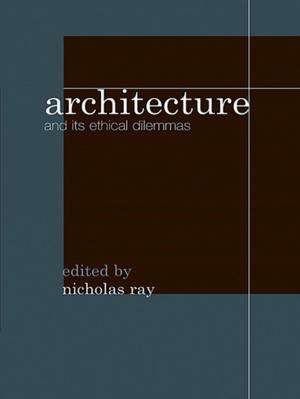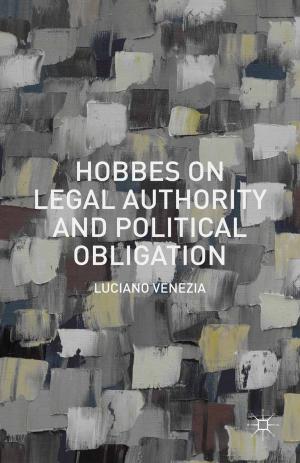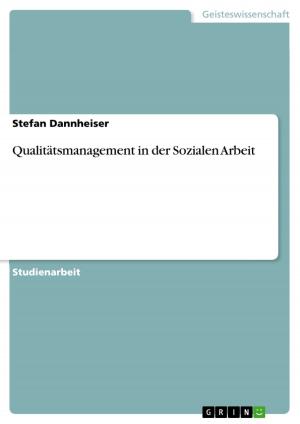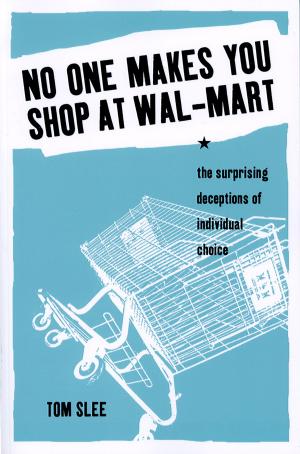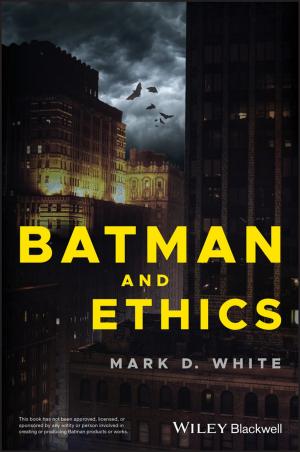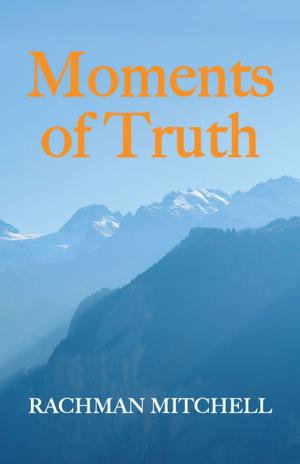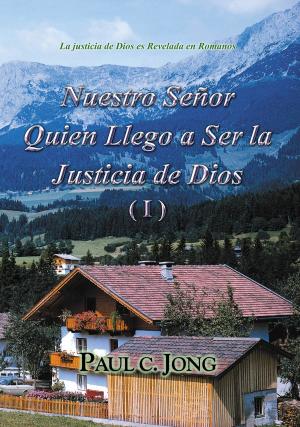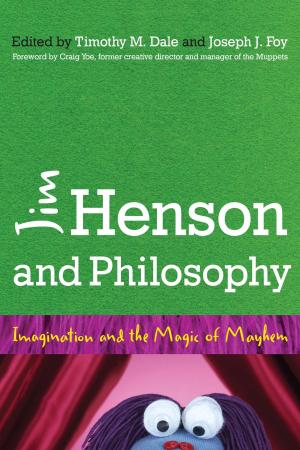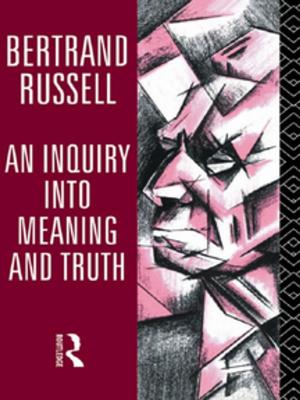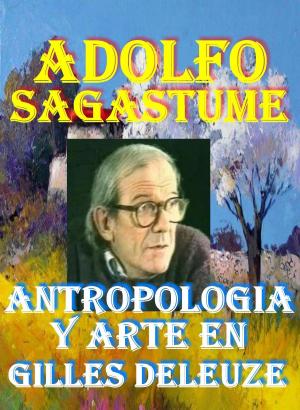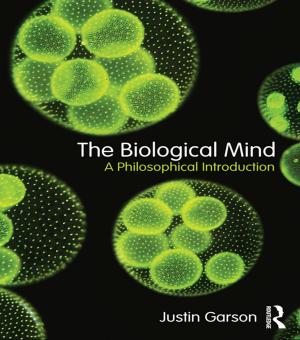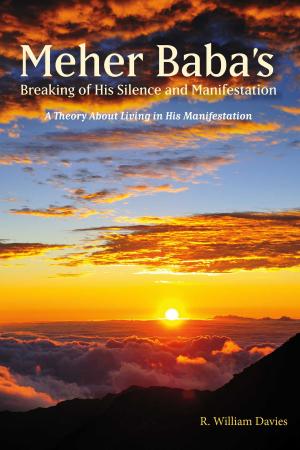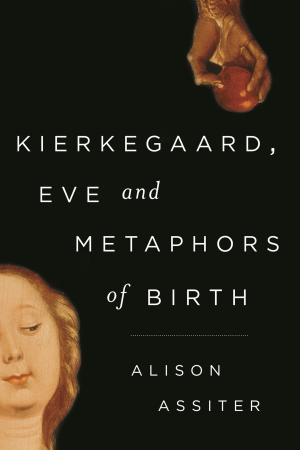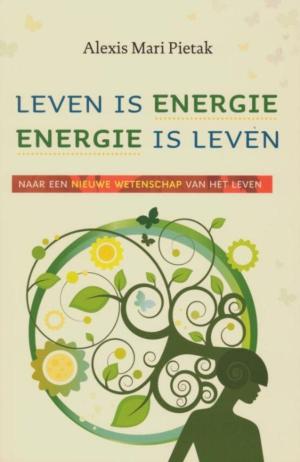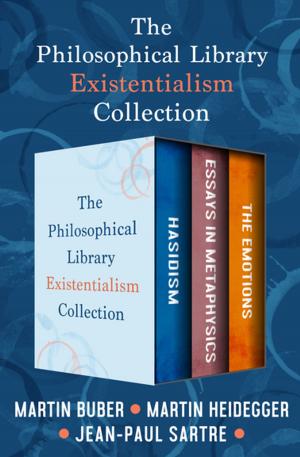Gaily-Coloured Creatures
Philosophy with children from Primary School
Nonfiction, Religion & Spirituality, Philosophy| Author: | Mirella Napodano | ISBN: | 9788899126636 |
| Publisher: | Diogene Multimedia | Publication: | February 16, 2016 |
| Imprint: | Language: | English |
| Author: | Mirella Napodano |
| ISBN: | 9788899126636 |
| Publisher: | Diogene Multimedia |
| Publication: | February 16, 2016 |
| Imprint: | |
| Language: | English |
The book focuses on philosophical research on children, explaining how their main interests, curiosity, discoveries, creativity, wonder, surprises are basic factors and essential requisites to build their philosophical knowledge. The book documents a large number of experimental sessions accomplished since 1996 in Italian primary schools by Mirella Napodano, who designed new methods for philosophical learning and training with children. Her didactic method is based on peer education through cooperative dialogue and it is made of three modules: A) The speculative way: Alice in wonderland; B) The way of identity: Alice through the mirror; C) The way of friendship: I care. The book contains a selection of literary pieces, fairy tales, stories, classic myths, Jewish midrash. They are recommended for their philosophical significance, but teachers are free to choose topics and contents of their sessions according to their preferences and pupils interests.
The book focuses on philosophical research on children, explaining how their main interests, curiosity, discoveries, creativity, wonder, surprises are basic factors and essential requisites to build their philosophical knowledge. The book documents a large number of experimental sessions accomplished since 1996 in Italian primary schools by Mirella Napodano, who designed new methods for philosophical learning and training with children. Her didactic method is based on peer education through cooperative dialogue and it is made of three modules: A) The speculative way: Alice in wonderland; B) The way of identity: Alice through the mirror; C) The way of friendship: I care. The book contains a selection of literary pieces, fairy tales, stories, classic myths, Jewish midrash. They are recommended for their philosophical significance, but teachers are free to choose topics and contents of their sessions according to their preferences and pupils interests.

